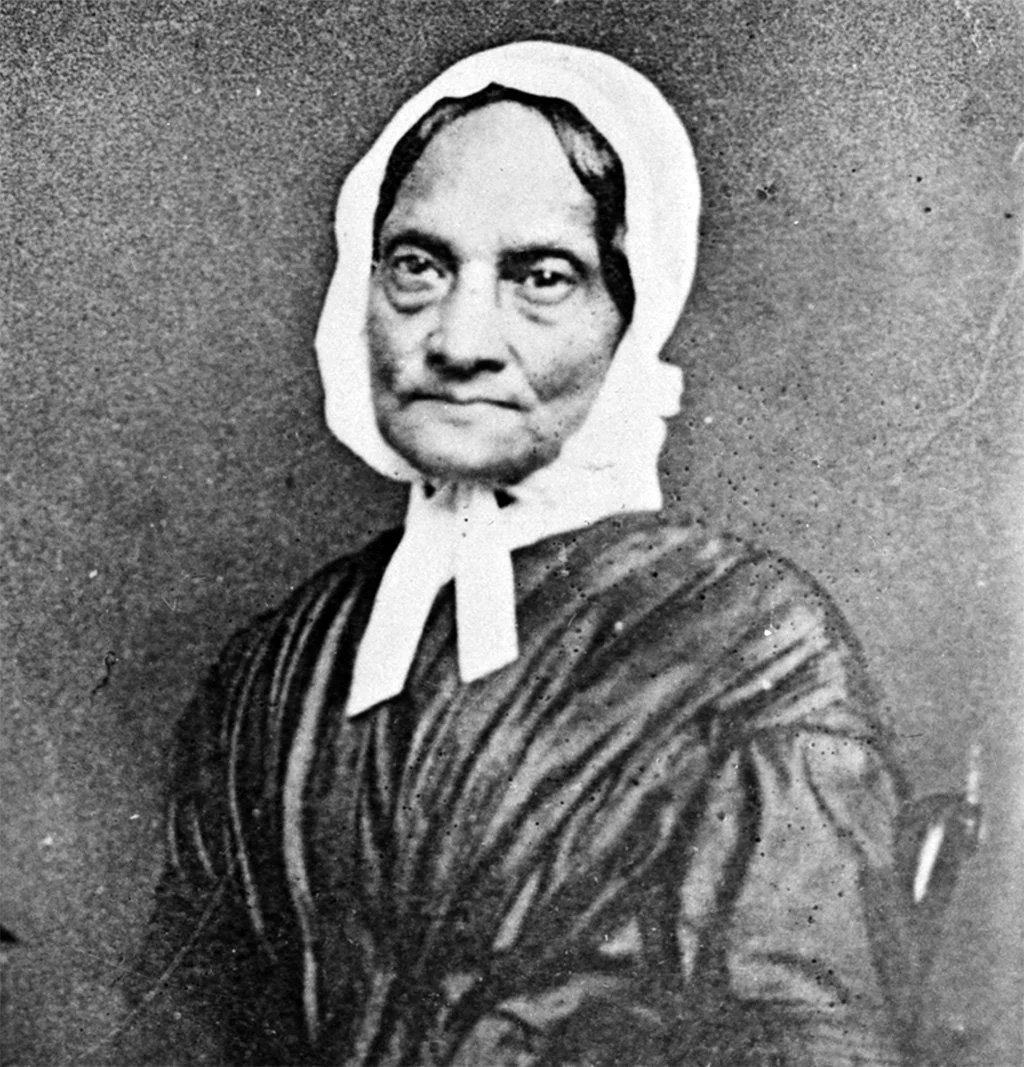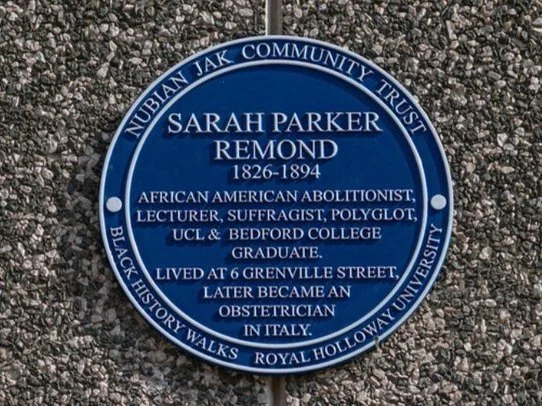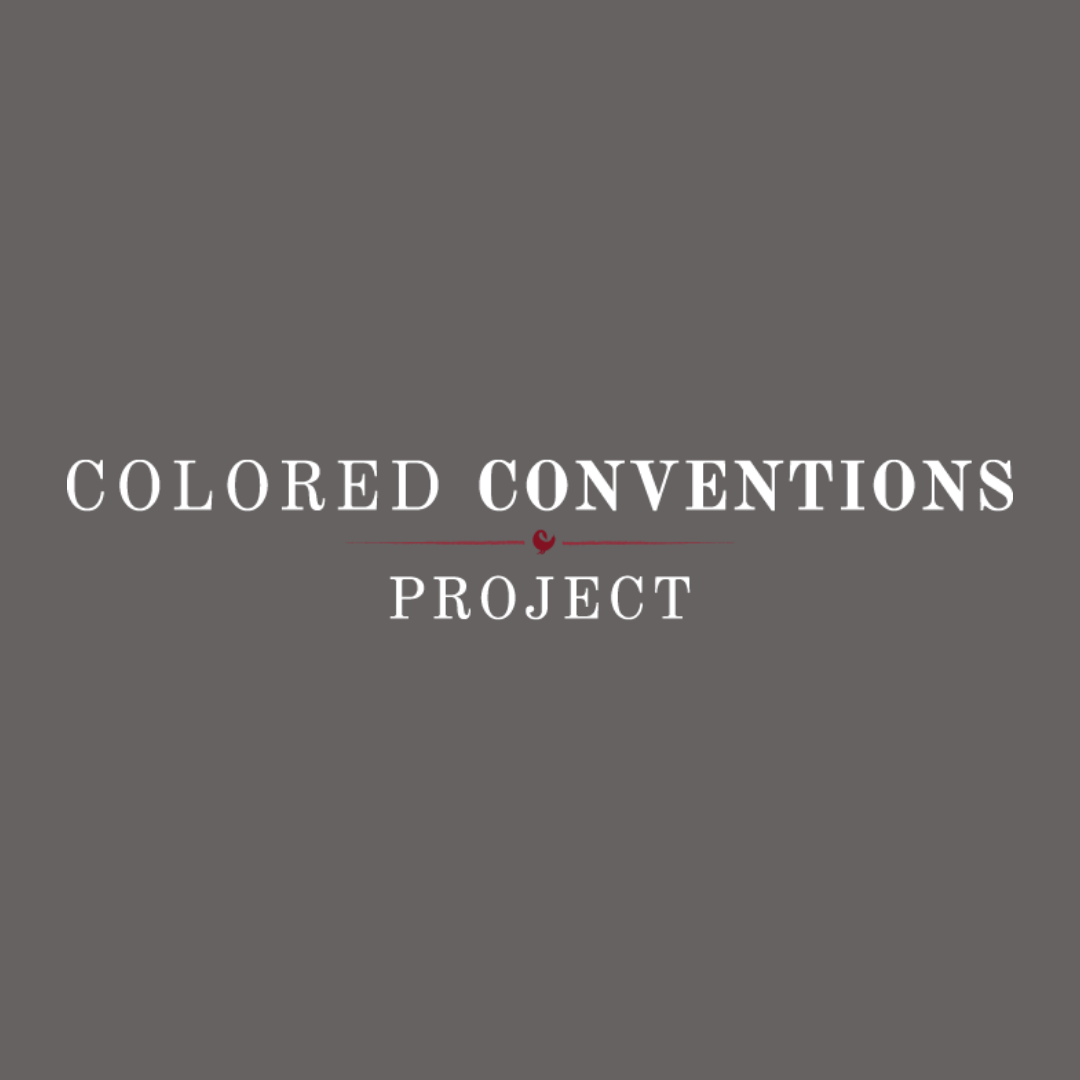The Remond Family
part of hamilton hall’S heritage
John and Nancy Remond and their children were the resident family of Hamilton Hall in the mid-19th century. The Remonds, who were free African-Americans, left a legacy of hospitality and social activism that we continue to celebrate today.
OVERVIEW
John Remond was born in the Dutch colony of Curaçao in 1788. At ten years old, he traveled to Salem on the ship Six Brothers. After learning the trades of barbering and catering, he married Nancy Lenox, an accomplished cake baker and cook.
John and Nancy ran a catering business out of Hamilton Hall for many years, earning a reputation for delicious fare prepared in their special Rumford oven. The oven, still proudly displayed at Hamilton Hall, was fed by a large brick hearth designed to increase heat transference.
The Remonds were well-known for their dazzling feasts, which included such delicacies as turtle soup, beef-a-la-mode, baked codfish, oyster pies. roasted pigs, Bremen geese, woodcocks, plovers, pigeons, quails, partridges, baked calf heads, and lobster. They cooked for such notable names as the Marquis de Lafayette and Nathaniel Bowditch.
In addition to their professional success, the Remonds were influential in the sphere of social activism. The family helped to champion the causes of abolition, women’s suffrage, and school desegregation in Salem.
Sarah Parker Remond and Charles Lenox Remond
John and Nancy’s eldest son, Charles, was born in 1810. Their ninth child, Sarah, was born in 1826. Both Charles and Sarah grew to become prominent activists in the fight against slavery. They toured, together and separately, around the US and Europe giving abolitionist speeches. You can read excerpts from some of their best-known speeches below.
Sarah also pursued her higher education in Europe. She studied nursing at the University College London and then completed training to become a doctor at the Santa Maria Nuova Hospital school in Florence. Today, UCL honors Sarah’s work through the Sarah Parker Remond Centre for the Study of Racism & Racialisation.
The Amazing Remonds at Hamilton Hall: Worksheet
This worksheet, geared towards middle school students, includes a vocabulary lesson and thought-provoking essay prompts.
A Half Century in Salem: Primary Source
Read an excerpt from A Half Century in Salem, published in 1887 by M. C. D. Silsbee. This four-page selection features a letter written by John Remond about Hamilton Hall.
The Negroes & Anglo-Africans as Freedmen and Soldiers: Primary Source
This tract, compiled by Sarah Parker Remond while living in London, examines the position of Black soldiers in the US Civil War.
A Colored Lady Lecturer: Primary Source
Sarah Parker Remond, daughter of Nancy and John Remond, grew up to become a prominent activist for abolition, school desegregation, and women’s suffrage. Eventually, she left the United States to pursue her education in Europe. She completed medical training in Florence, Italy.
Read more about Sarah’s life here. Then download her autobiographical piece, A Colored Lady Lecturer, below.
Sarah Parker Remond Blue Plaque
In March 2022, Sarah Parker Remond was recognized with a blue plaque, a type of marker used to denote a location’s connection to a significant person or event in the UK. The plaque is located at 6 Grenville Street in London, where she lived when she attended Bedford Ladies College, now part of University College, London. It was produced by the Nubian Jak Community Trust, sponsored by Black History Walks, and supported by UCL’s Sarah Parker Remond Centre.
Suffrage Marker
Hamilton Hall and Suffrage100MA proudly unveiled a historic women’s suffrage marker honoring the legacy of extraordinary activists, the Remond Family, June 23, 2022. The marker celebrates the Remonds’ suffrage and abolition work and is one of five Massachusetts marker sites on the National Votes for Women Trail. The project was funded through a grant by the William G. Pomeroy Foundation®, sponsored by the National Collaborative for Women’s History Sites (NCWHS)’s National Votes for Women Trail (NVWT), and coordinated in MA by Suffrage100MA.
An Anti-Slavery Discourse: Primary Source
Charles Lenox Remond, son of Nancy and John Remond, also was destined to become one of America’s most prominent abolitionists. In 1842, he became the first black man to address the Massachusetts state legislature. Read more about Charles’s life here. Then, read one of his most famous speeches.
Salem Female Anti-Slavery Society: Primary Source
In 1832, a group of free women of color founded the Female Anti-Slavery Society of Salem. This organization was folded into the integrated Salem Female Anti-Slavery Society in 1834. Their founding precepts were:
1) That slavery should be immediately abolished
2) That people of color, enslaved or free, have a right to a home in the country without fear of intimidation
3) That the society should be ready to acknowledge people of color as friends and equals
The society hosted at least one event at Hamilton Hall (see left). Read the society’s archival minutes below, courtesy of the Congregational Library and Archives and the Phillips Library at the Peabody Essex Museum.
Scroll through History
In 2019, we developed several banners exploring the legacy of the Remond family with a grant from Essex Heritage. The physical banners on which the carousals linked below are based are on periodic display at Hamilton Hall.
Colored Conventions Project
The Colored Conventions Project (CCP) is an interdisciplinary research hub that uses digital tools to bring the buried history of nineteenth-century Black organizing to life. Their extensive digital records provide valuable context to the life and work of the Remond family.=










